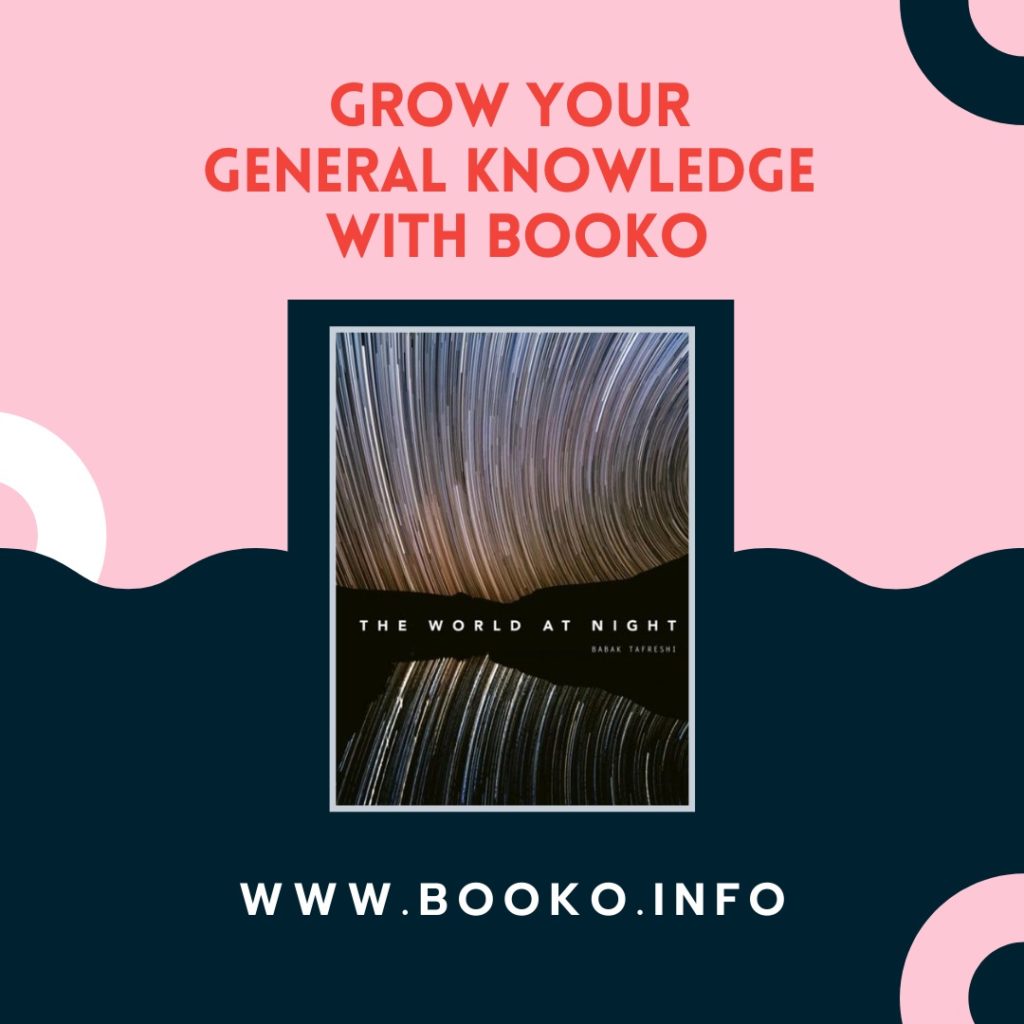Can you name the most famous rivers worldwide? Do you know your cranium from your clavicle, or do you need to bone up on the parts of the human skeleton? General Knowledge Genius can help.
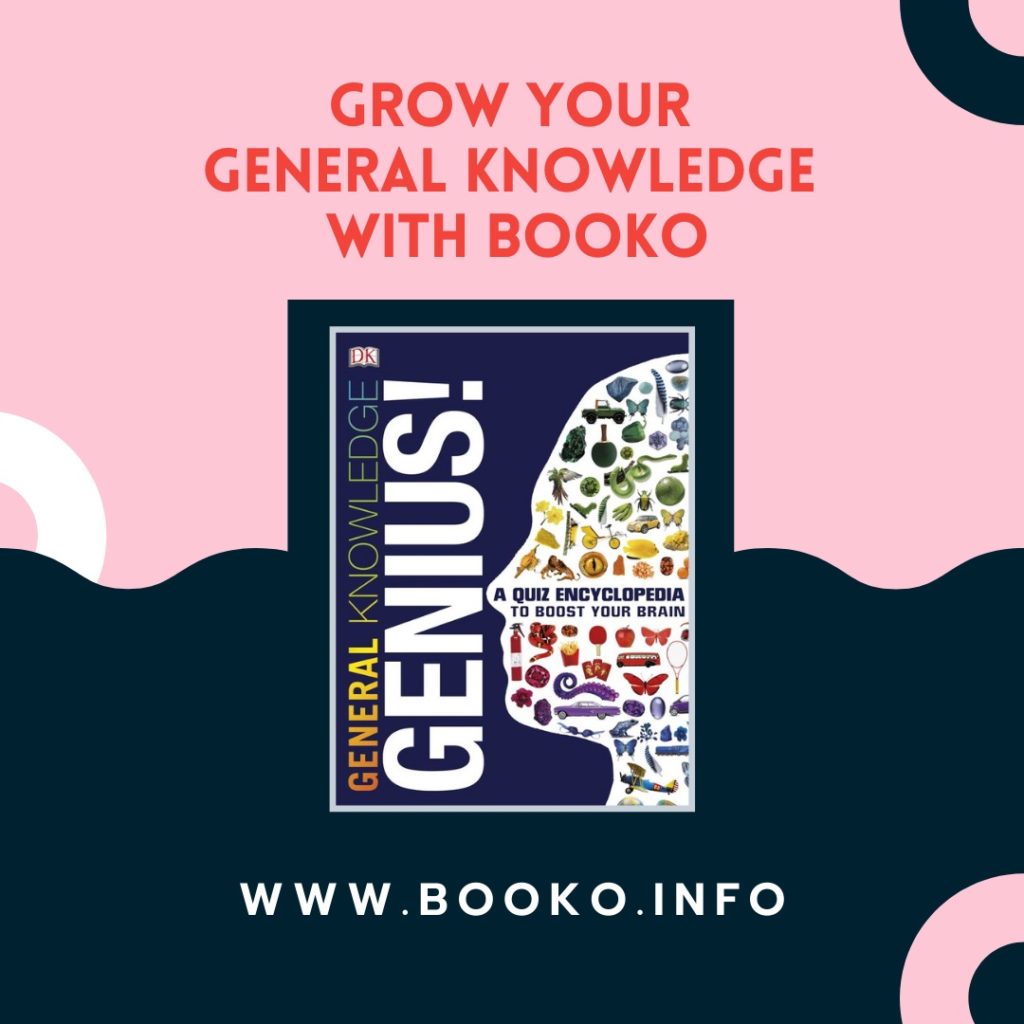
Can you name the most famous rivers worldwide? Do you know your cranium from your clavicle, or do you need to bone up on the parts of the human skeleton? General Knowledge Genius can help.

Oh how we love a good podcast, and we know you do too so imagine our crazy exciting geeking out levels when our favourite podcasts recommend a book! We have rounded up six must read books that have all been mentioned in recent episodes of some of our top podcasts.
Buckle yourself in because once you’ve had a read you’ll want to pop your headphones on and have a good old podcast binge.
From Will Anderson’s Wilosophy: Women and Leadership by Julia Gillard and Ngozi Okonjo-Iweala
From their broad experience on the world stage in politics, economics and global not-for-profits, Ngozi Okonjo-Iweala and Julia Gillard have some strong ideas about the impact of gender on the treatment of leaders. Women and Leadership takes a consistent and comprehensive approach to teasing out what is different for women leaders. Almost every year new findings are published about the way people see women leaders compared with their male counterparts. The authors have taken that academic work and tested it in the real world. The same set of interview questions were put to each leader in frank face-to-face interviews. Their responses were then used to examine each woman’s journey in leadership and whether their lived experiences were in line with or different from what the research would predict. Women and Leadership presents a lively and readable analysis of the influence of gender on women’s access to positions of leadership, the perceptions of them as leaders, the trajectory of their leadership and the circumstances in which it comes to an end. By presenting the lessons that can be learned from women leaders, Julia and Ngozi provide a road map of essential knowledge to inspire us all, and an action agenda for change that allows women to take control and combat gender bias. Featuring Jacinda Ardern, Hillary Clinton, Ellen Johnson Sirleaf, Theresa May, Michelle Bachelet, Joyce Banda, Erna Solberg, Christine Lagarde and more.
From No Such Thing as a Fish: The Book of the Year 2019 by No Such Thing As A Fish
In a year when South Korea announced that its new robotics museum will be built by robots, and French cheese terrorists put a camembert through every French MP’s letterbox, The Book of the Year returns with another dose of barely believable yet bona fide facts and stories from the past twelve months. Each week for the past five years, Dan, James, Anna and Andy, the creators of the award-winning, chart-topping comedy podcast No Such Thing as a Fish, have wowed each other and millions of listeners with the most astonishing trivia they have learned over the previous seven days. Now, once again, they have scoured the newspapers for hidden gems, and transformed another year’s worth of weird and wonderful happenings into one uplifting book that you won’t be able to put down. Discover how TV channel Hallmark has so many new Christmas movies that it will now start airing them from July. Be amused to learn that a thousand people were hired to attend a rally in Kiev to protest against the practice of hiring people to attend rallies. Share the excitement of the scientists who discovered that more attractive monkeys have smaller testicles. Revel in the news that Carlsberg launched a new advertising campaign admitting it is ‘probably not the best beer in the world’. Feel a little sympathy for Ariana Grande, who got a Japanese tattoo she intended to say ‘Seven Rings’ but that actually ended up reading ‘small charcoal grill’. From ecologically minded Birmingham drug dealers to dodgy Belgian petanque players, The Book of the Year 2019 is an eye-opening tour of yet another incredible year you didn’t know you’d lived through. Imagine what the 2020 version will be like!
From No Such Thing As A Fish: Between the Stops by Sandi Toksvig
This long-awaited memoir from one of Britain’s best-loved celebrities (a writer, broadcaster, activist, comic on stage, screen and radio for nearly forty years, presenter of QI and Great British Bake Off star) is an autobiography with a difference: as only Sandi Toksvig can tell it. ‘Between the Stops is a sort of a memoir, my sort. It’s about a bus trip really, because it’s my view from the Number 12 bus (mostly top deck, the seat at the front on the right), a double-decker that plies its way from Dulwich, in South East London, where I was living, to where I sometimes work – at the BBC, in the heart of the capital. It’s not a sensible way to write a memoir at all, probably, but it’s the way things pop into your head as you travel, so it’s my way’. From London facts including where to find the blue plaque for Una Marson, ‘The first black woman programme maker at the BBC’, to discovering the best Spanish coffee under Southwark’s railway arches; from a brief history of lady gangsters at Elephant and Castle to memories of climbing Mount Sinai and, at the request of a fellow traveller, reading aloud the Ten Commandments; from the story behind Pissarro’s painting of Dulwich Station to performing in Footlights with Emma Thompson; from painful memoires of being sent to Coventry while at a British boarding school to thinking about how Wombells Travelling Circus of 1864 haunts Peckham Rye; from anecdotes about meeting Prince Charles, Monica Lewinsky and Grayson Perry to Bake-Off antics; from stories of a real and lasting friendship with John McCarthy to the importance of family and the daunting navigation of the Zambezi River in her father’s canoe, this Sandi Toksvig-style memoir is, as one would expect and hope, packed full of surprises. A funny and moving trip through memories, musings and the many delights on the Number 12 route, Between the Stops is also an inspiration to us all to get off our phones, look up and to talk to each other because as Sandi says: ‘some of the greatest trips lie on our own doorstep’.
From The Bill Simmons Podcast: Super Forecasting by Philip Tetlock and Dan Gardner
What if we could improve our ability to predict the future? Everything we do involves forecasts about how the future will unfold. Whether buying a new house or changing job, designing a new product or getting married, our decisions are governed by implicit predictions of how things are likely to turn out. The problem is, we’re not very good at it. In a landmark, twenty-year study, Wharton professor Philip Tetlock showed that the average expert was only slightly better at predicting the future than a layperson using random guesswork. Tetlock’s latest project – an unprecedented, government-funded forecasting tournament involving over a million individual predictions – has since shown that there are, however, some people with real, demonstrable foresight. These are ordinary people, from former ballroom dancers to retired computer programmers, who have an extraordinary ability to predict the future with a degree of accuracy 60% greater than average. They are superforecasters. In Superforecasting, Tetlock and his co-author Dan Gardner offer a fascinating insight into what we can learn from this elite group. They show the methods used by these superforecasters which enable them to outperform even professional intelligence analysts with access to classified data. And they offer practical advice on how we can all use these methods for our own benefit – whether in business, in international affairs, or in everyday life.
From Revisionist History: Talking to Strangers by Malcolm Gladwell
In July 2015, a young black woman named Sandra Bland was pulled over for a minor traffic violation in rural Texas. Minutes later she was arrested and jailed. Three days later, she committed suicide in her cell. What went wrong? Talking to Strangers is all about what happens when we encounter people we don’t know, why it often goes awry, and what it says about us. How do we make sense of the unfamiliar? Why are we so bad at judging someone, reading a face, or detecting a lie? Why do we so often fail to ‘get’ other people? Through a series of puzzles, encounters and misunderstandings, from little-known stories to infamous legal cases, Gladwell takes us on a journey through the unexpected. You will read about the spy who spent years undetected at the highest levels of the Pentagon, the man who saw through the fraudster Bernie Madoff, the suicide of the poet Sylvia Plath and the false conviction of Amanda Knox. You will discover that strangers are never simple. No one shows us who we are like Malcolm Gladwell. Here he sets out to understand why we act the way we do, and how we all might know a little more about those we don’t.
From The Emma Guns Show: How to Survive the End of the World (When it’s in Your Own Head) by Aaron Gilles
There are plenty of books out there on how to survive a zombie apocalypse, all-out nuclear war, or Armageddon. But what happens when it feels like the world is ending every single time you wake up? That’s what having anxiety is like – and How to Survive the End of the World is here to help. Or at least make you feel like you’re not so alone. From helping readers identify the enemy, to safeguarding the vulnerable areas of their lives, Aaron Gillies examines the impact of anxiety, and gives readers some tools to fight back, whether with medication, therapy, CBT, coping techniques, or simply with a dark sense of humour.
And as promised…here’s your list of podcasts to happily binge.
Will Anderson’s Wilosophy
Enjoy!
Bees can play football. Books used to be put on shelves with their spines facing inwards. A German airline allows an extra kilo of hand luggage, provided it’s books. Who knew? QI knew and you can too in 1423 QI Facts to Bowl You Over.
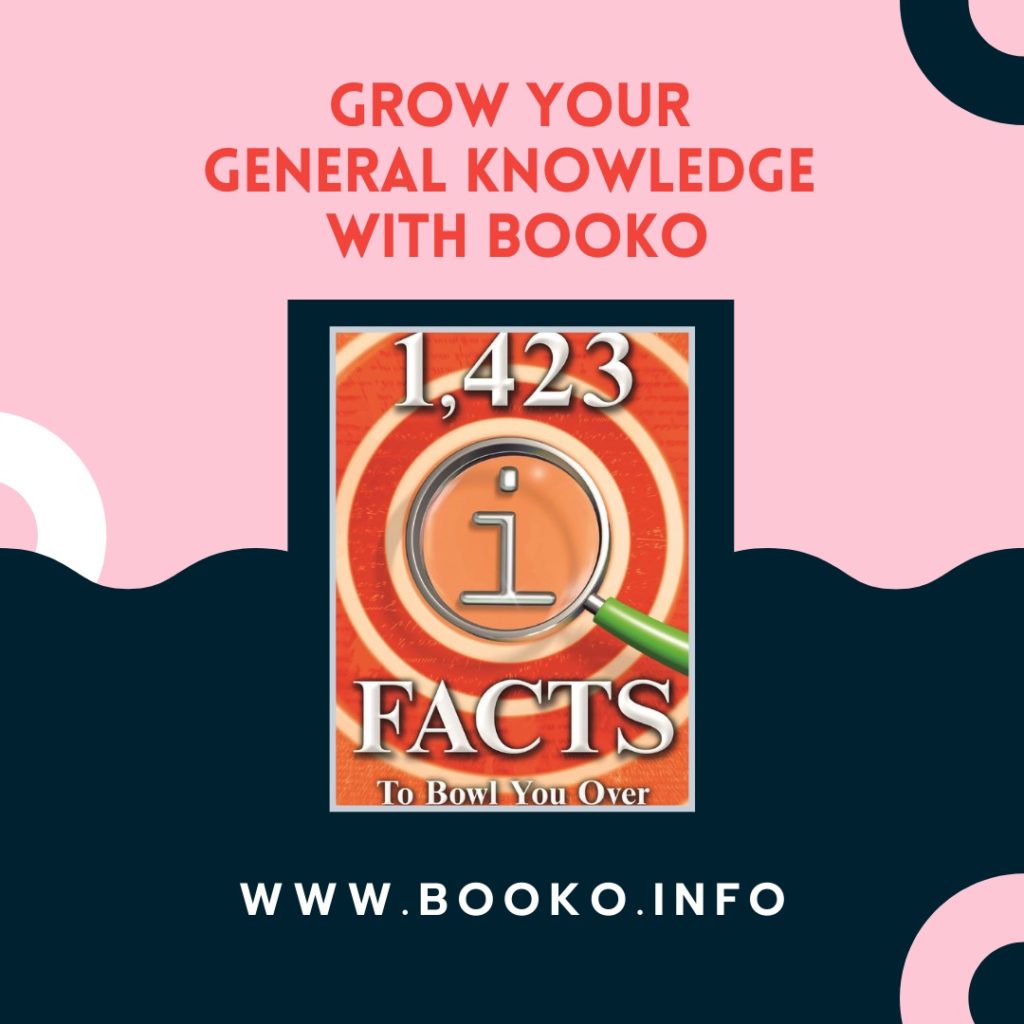
Today’s book is a little bit of a different take on growing our general knowledge. Using captivating stories to illustrate research in psychology and management, Rice University professor Scott Sonenshein examines in his hugely popular book Stretch, why some people and organisations succeed with so little, while others fail with so much.
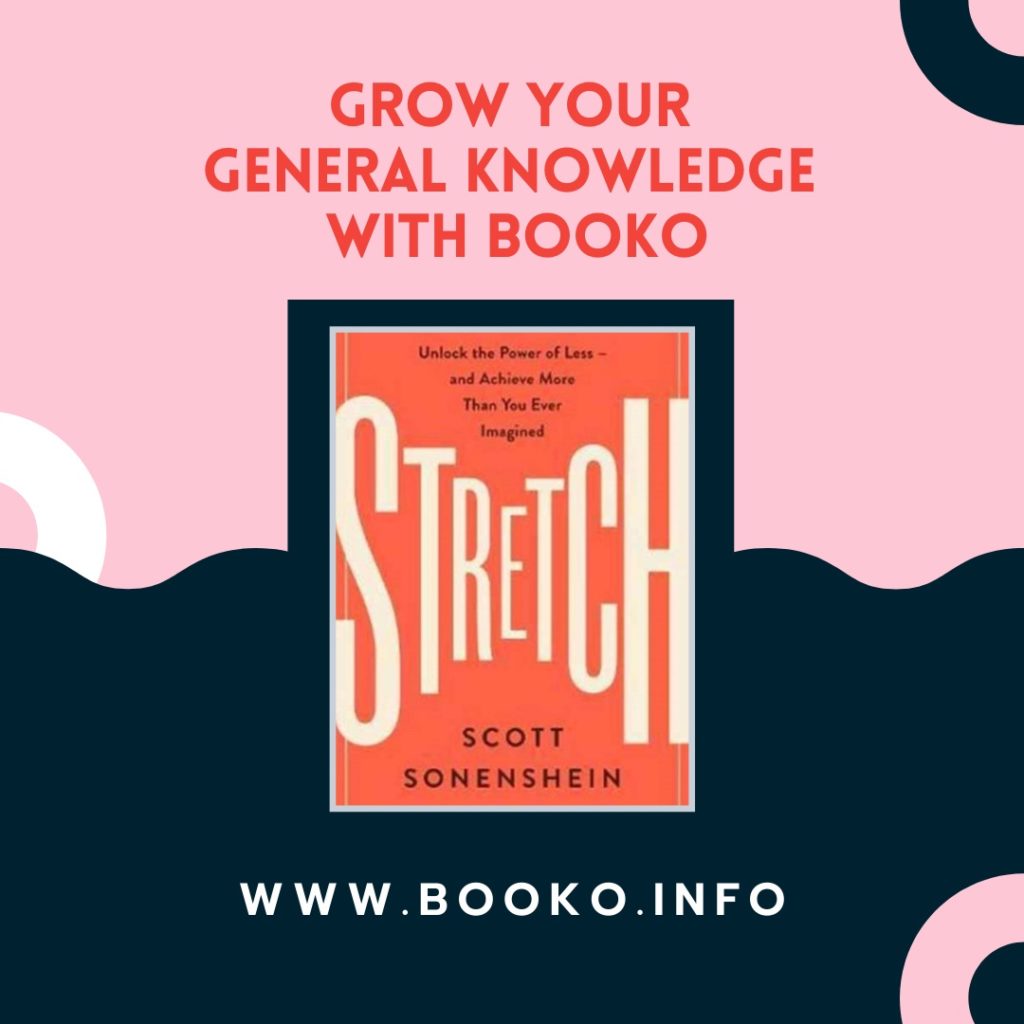
No one challenges our shared assumptions like Malcolm Gladwell. Using stories of deceit and fatal errors he invites us to rethink our thinking in these troubled times in his newest book Talking to Strangers.
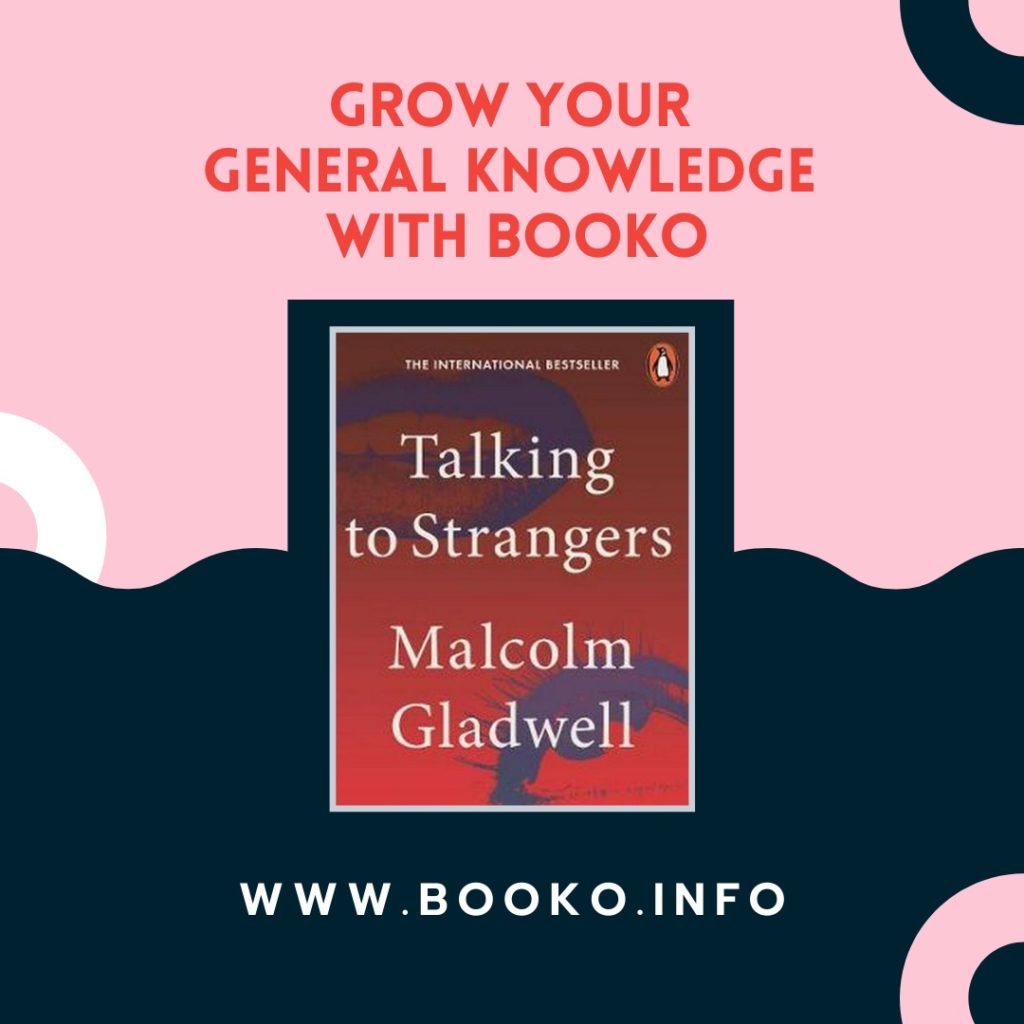
This week we are continuing to share our favourite books that aim to extend your general knowledge. Karen has a great list that she’ll share with you on the blog this Thursday.
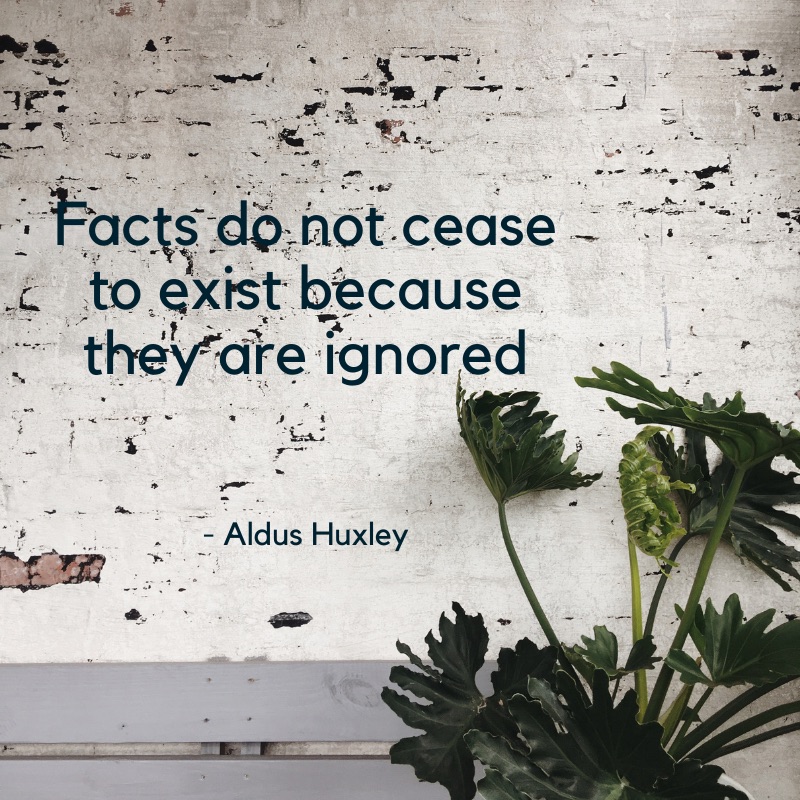
This isn’t your usual history book list. In fact, some of the books aim to give us quite a different view of what we have learned previously. Which is why we really enjoy them. It’s easy to forget that history books aren’t just books brimming with facts of bygone eras, but rather we can consider them stories of events to be questioned, viewed from different angles and full of scandal and intrigue.
SPQR by Mary Beard
Hailed by critics as animating and with a wonderful ability to bring the past to life in a way that makes your hair stand on end, SPQR spans nearly a thousand years of history. Mary Beard narrates and examines not just how we think of ancient Rome but challenges the comfortable historical perspectives that have existed for centuries. With its nuanced attention to class, democratic struggles, and the lives of entire groups of people omitted from the historical narrative for centuries, SPQR will to shape our view of Roman history for decades to come.
Headstrong by Rachel Swaby
Headstrong delivers a powerful and entertaining response to the question: Who are the role models for today’s female scientists? Covering Nobel Prize winners and major innovators, as well as lesser-known but hugely significant scientists who influence our every day, these engaging profiles span centuries of courageous thinkers and illustrate how each subject’s ideas developed, from their first moment of engagement with science through the research and discovery for which they’re best known. Finally, it gives these 52 lives the attention and respect they deserve with the aim to encourage and inspire a new generation of girls to put on their lab coats.
Sapiens by Dr. Yuval Noah Harari
Dr. Yuval Noah Harari makes serious non-fiction cool again.
One hundred thousand years ago, at least six different species of humans inhabited Earth. Yet today there is only one: homo sapiens. What happened to the others? And what may happen to us? Most books about the history of humanity pursue either a historical or a biological approach, but Dr. Yuval Noah Harari breaks the mold with this highly original book that begins about 70,000 years ago with the appearance of modern cognition. From examining the role evolving humans have played in the global ecosystem to charting the rise of empires, Sapiens integrates history and science to reconsider accepted narratives, connect past developments with contemporary concerns, and examine specific events within the context of larger ideas. Dr. Harari also compels us to look ahead, because over the last few decades humans have begun to bend laws of natural selection that have governed life for the past four billion years. We are acquiring the ability to design not only the world around us, but also ourselves. Where is this leading us, and what do we want to become?
You can view Dr. Yuval Noah Harari’s other books here.
Guns, Germs and Steel by Jared Diamond
Drawing together ideas from history, geography, economics and anthropology, Guns, Germs and Steel offers compelling theories and surprising insights into the development of societies, it is a hugely influential book that helped to establish Popular Science as a genre. Jared Diamond examines why some civilisations are more successful than others, in terms of wealth and political power, despite no inherent advantage in genetics or intelligence. He theorises that the tools of success are guns (superior weapons for military might); germs (Eurasian diseases weakening local populations, making them easier to conquer) and steel (advanced technology facilitating imperialism) and that they all arose from environmental conditions that allowed early adoption of agriculture.
A Short History of Nearly Everything by Bill Bryson
Bill Bryson describes himself as a reluctant traveller, but even when he stays safely at home he can’t contain his curiosity about the world around him. A Short History of Nearly Everything is his quest to understand everything that has happened from the Big Bang to the rise of civilisation, how we got from there, being nothing at all, to here, being us. Bill Bryson’s challenge is to take subjects that normally bore the pants off most of us, like geology, chemistry and particle physics, and see if there isn’t some way to render them comprehensible to people who have never thought they could be interested in science. The ultimate eye-opening journey through time and space, A Short History of Nearly Everything reveals the world in a way most of us have never seen it before.
You can see a list of Bill Bryson’s other books here.
The History of the Ancient World by Susan Wise Bauer
Susan Wise Bauer presents us with a lively and engaging narrative history showing the common threads in the cultures that gave birth to our own. This is the first volume in a series that tells the stories of all people, connecting historical events from Europe to the Middle East to the far coast of China, while still giving weight to the characteristics of each country. Susan Wise Bauer provides both sweeping scope and vivid attention to the individual lives that give flesh to abstract assertions about human history. Dozens of maps provide a clear geography of great events, while timelines give the reader an ongoing sense of the passage of years and cultural interconnection. This old-fashioned narrative history employs the methods of “history from beneath” literature, epic traditions, private letters and accounts to connect kings and leaders with the lives of those they ruled. The result is an engrossing tapestry of human behaviour from which we may draw conclusions about the direction of world events and the causes behind them.
You can see more of Susan Wise Bauer’s work here.
Enjoy!
Today’s book of the day is Yuval Noah Harari’s Sapiens – a collection of essays about the big issues such as AI, Fake News and populism, religion, climate change and how we can manage their impact on our lives.
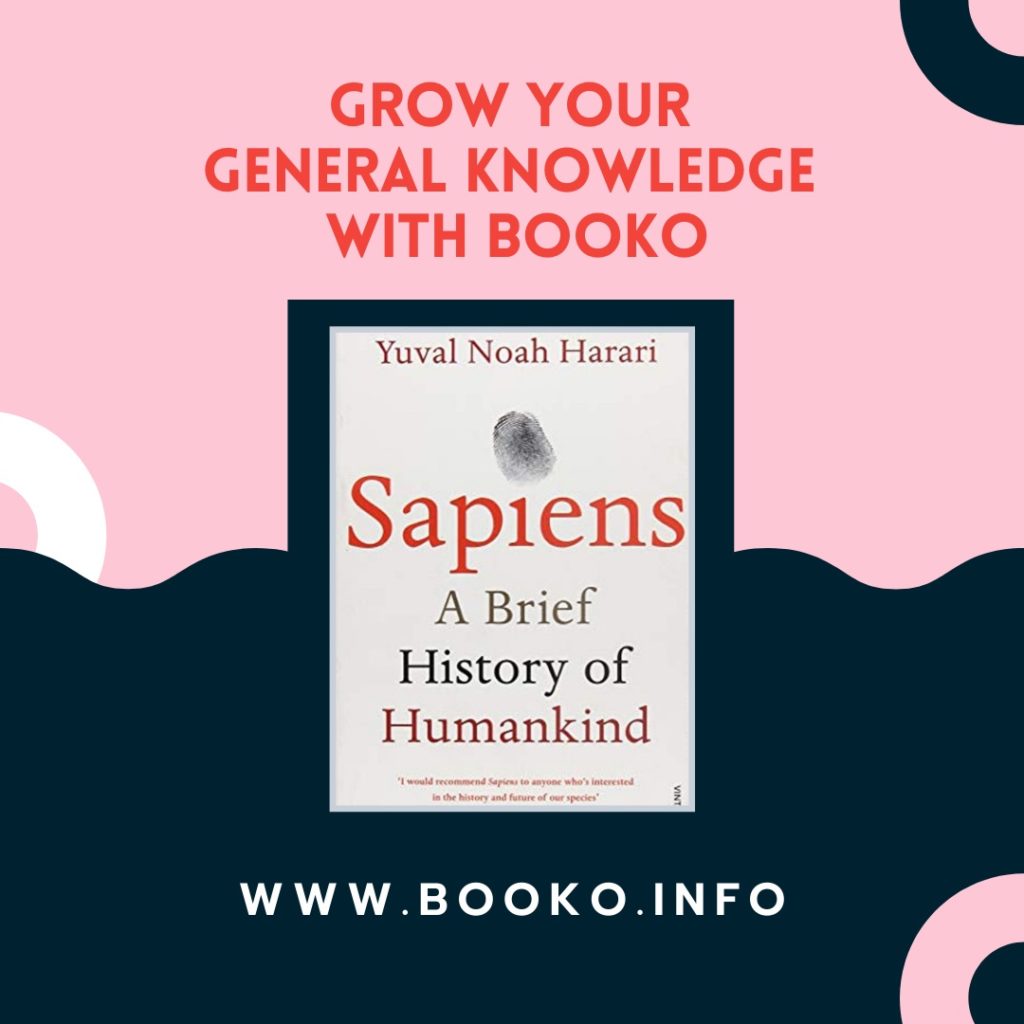
Well Hello Monday…yikes you arrived a little faster than expected!It’s the start of a new week and we’re going to dive into the genre of history books on the blog this week so we are starting off with this little gem.
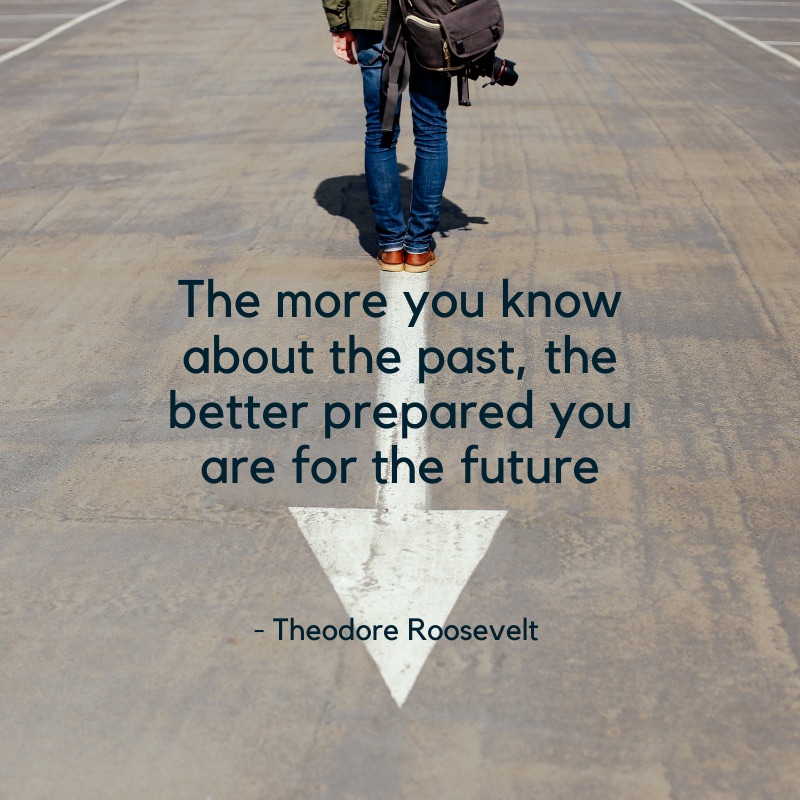
The World at Night is today’s book choice. Inside are images highlighting the beauty of dark skies away from light-polluted urban areas, great comets and spectacular eclipses.
